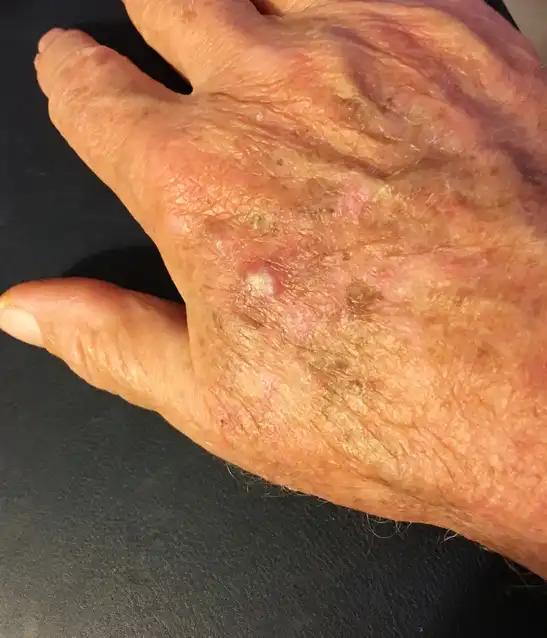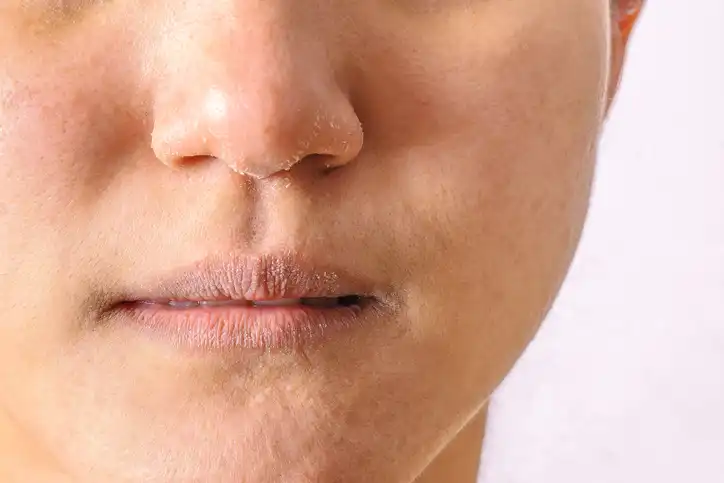






You can find us on Fisher Street SE, just off Macleod Trail. Our building has plenty of free parking. Reach out to our friendly staff if you have any questions.
Dr. Todd Remington: 403-255-1633
Dr. Kent Remington: 403-252-7784
Fax: 403-259-5245


My experience with Remington Laser has been nothing short of exceptional. From the moment I was referred by my family doctor, I knew I was in good hands. My initial apprehension about my daughter’s ear damage was quickly dispelled when we met Dr. Remington and his team. Dr. Remington’s transparency and honest approach stood out to me as a leader and innovator. Thanks to his laser techniques, my daughter’s ear damage was repaired painlessly, and she can now wear earrings without any issue. No one would ever know that at one stage she had a tear and I worried she would never be able to wear earrings again.
I first met Dr. Kent Remington after several other doctors were unable to resolve my medical issue. When I arrived at Remington Laser, Dr. R and Pam took their time to understand the problem and my health history. Dr. R never gave up and, with constant kindness and expertise, he resolved the issue that others could not. That was 7 years ago. Since that time, I have had cosmetic procedures with Dr. R and Pam. They provide excellent advice and solutions and only use the best quality “tools and equipment” in their practice. Combined with their unparalleled skills and ability to find the right solution for me, they keep me feeling my very best. There is always a warm welcome from the entire team from the moment I arrive at the front desk. My heartfelt thanks to all at Remington Laser from your grateful and happy patient.
Dr. Kent Remington and Nurse Pam have been so positive with their guidance in my dermatological cosmetic journey so far. My last visit was life-changing, and I feel blessed to have these wonderful professionals in my life. I am over the moon with how I look. Thank you both for your expertise and personable approach!!!







